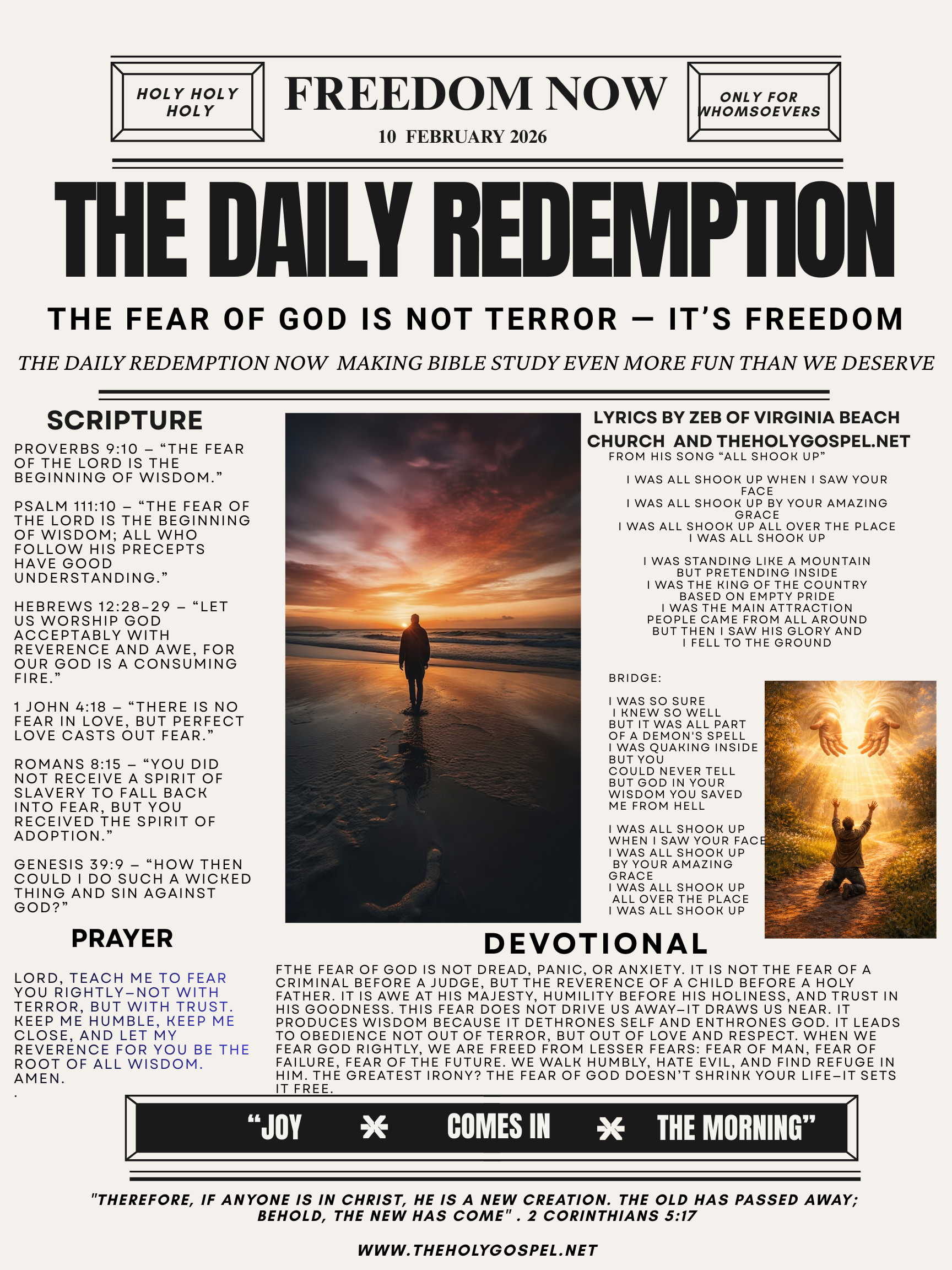In Christian theology, the concept of Hell is often understood as a place of eternal separation from God, where those who have rejected Him and chosen to live in disobedience face the consequences of their actions. While it may seem puzzling why an all-powerful and loving God would allow such a place to exist or why He does not intervene to make it less horrible, there are several theological perspectives that seek to address this question.
- Free Will: One commonly cited explanation is that God has given humanity free will, the ability to make choices, including the choice to accept or reject Him. If God were to forcefully intervene and remove the consequences of those choices, it would undermine the meaningfulness of free will.
- Justice: Hell is seen as a just punishment for those who have willingly rejected God and embraced evil. In Christian theology, God is often depicted as a just judge who ensures that every person receives their due justice. To remove or lessen the severity of Hell would be contrary to the principles of divine justice.
- The Nature of God’s Love: While God is often described as loving and merciful, His love also includes justice and holiness. God respects the dignity of individuals and allows them to make choices, even if it leads to eternal separation from Him. His love does not override the freedom and responsibility of human beings.
- Eternity and Timelessness: Hell is often understood as a state outside of time, where individuals continue to experience the consequences of their choices. In this perspective, it is not that God cannot put an end to Hell or make it less horrible, but rather that Hell represents the eternal consequences of rejecting God’s grace and forgiveness.
- Invitation to Salvation: The existence of Hell serves as a reminder and warning to humanity of the seriousness of sin and the need for repentance and reconciliation with God. It is seen as an invitation to turn away from evil and choose the path of righteousness and salvation.
It is important to note that these explanations are derived from theological interpretations and may vary among different Christian traditions. Ultimately, the question of why God allows Hell and its nature is a complex one, and believers are encouraged to wrestle with these ideas while seeking a deeper understanding of God’s nature, justice, and love.


